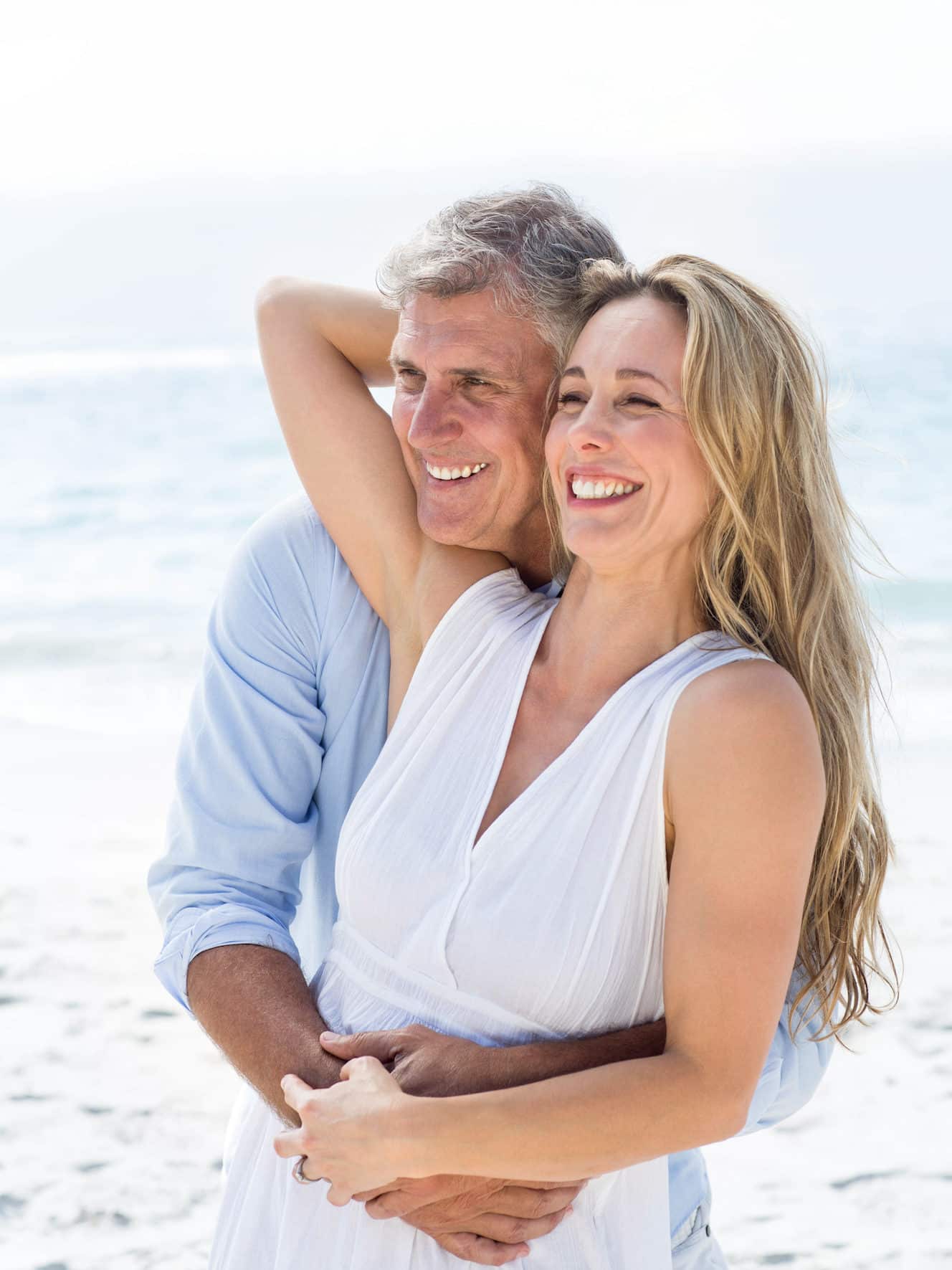Toxic Relationship
By Sharon Eriksson

What is a Toxic Relationship? A Clear Guide
A toxic relationship is one that constantly leaves you feeling unsupported, demeaned, or under attack. When your emotional, psychological, and sometimes physical well-being feels at risk. Essentially, if being in a relationship makes you feel worse off, it might be toxic. These unhealthy dynamics can appear anywhere – from your personal to professional life, and even within families.
Navigating Through
Understanding and recognising the signs of a toxic relationship is the first step towards dealing with them. Fixing a toxic relationship can be complex and might require professional support. The first step is with mutual recognition of the issues and a willingness to invest in change.
Remember, healthy relationships should be mutually beneficial, filled with support, respect, and love. Challenges and sacrifices are normal, but they should help you grow and connect more deeply, not cause constant upset. Though we usually think of romantic relationships as toxic, friendships, family ties, and work relationships can also become harmful.
In summary, behaviours that consistently make you feel undervalued and unsafe mark a toxic relationship.


Toxic vs. Abusive Relationships
Not all toxic relationships escalate to abuse, but all abusive relationships are inherently toxic.
Toxicity often stems from disrespect and boundary violations, which might not always be intentional.
However, repeated behaviors aiming to harm point towards abuse, encompassing psychological, emotional, and physical forms. Knowing the abuse cycle, including tension, abuse, apologies, and brief calm, can help you recognize abusive patterns.
